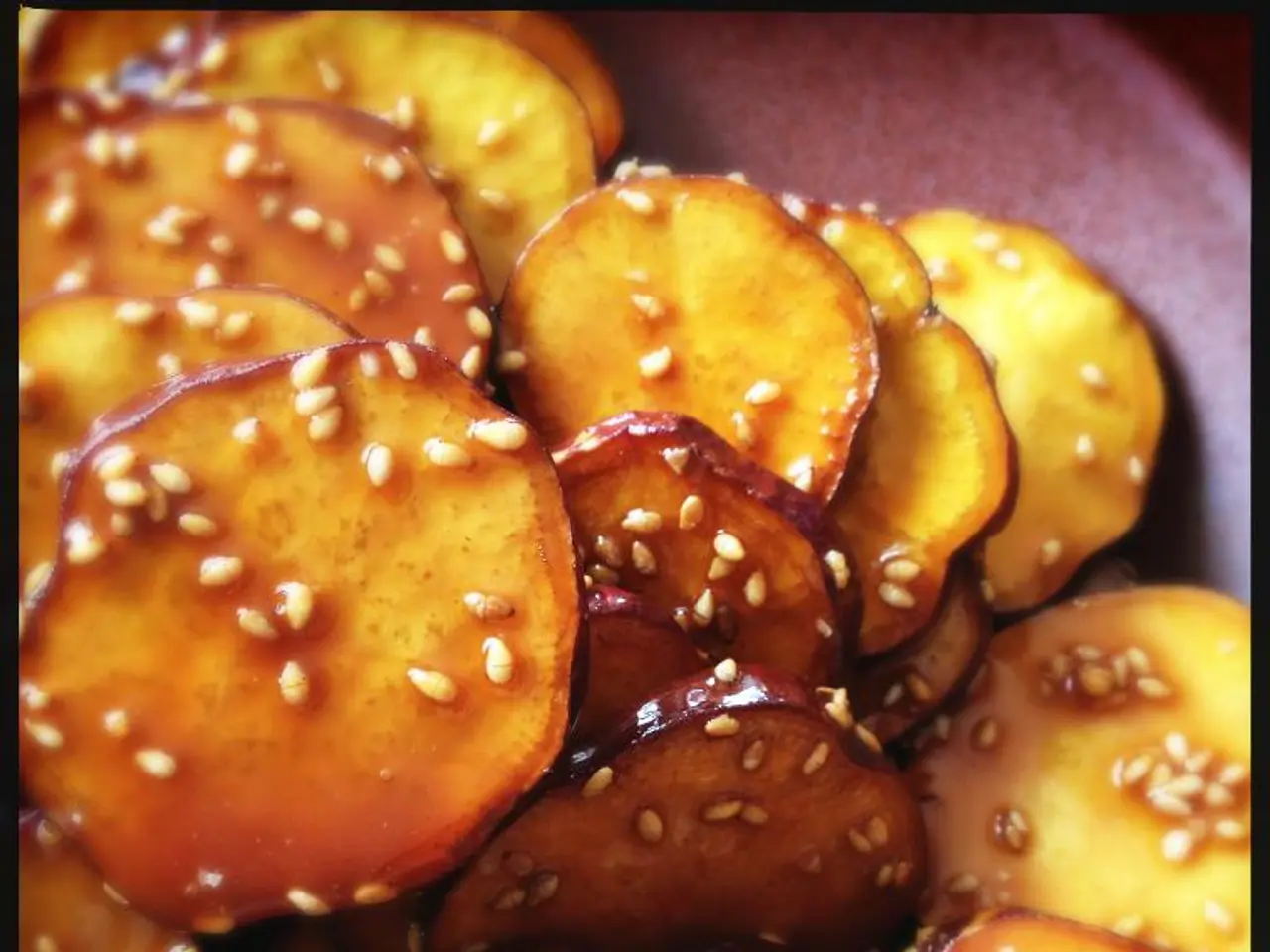Holiday travelers from North Rhine-Westphalia should be aware of potential threats issued by customs.
**Bringing Souvenirs from Non-EU Countries: A Guide for EU Travelers**
Traveling back from a holiday abroad and planning to bring back some souvenirs? It's essential to be aware of the customs rules and regulations in the European Union (EU) to avoid any unexpected fines or confiscations.
When entering the EU, the duty-free allowance for goods is generally up to €300 for travelers entering by land, while for air passengers, it may increase to €430. Goods exceeding these exemption limits must be declared, and taxes or duties may apply. Cash amounts of €10,000 or more (including checks and gold) must also be declared to prevent money laundering.
Alcohol and tobacco products are strictly controlled, and travelers must adhere to certain quantity limits, which vary by country. For example, 1 liter of spirits over 22% alcohol can be brought in duty-free, while 2 liters of alcoholic beverages under 22% can be brought in duty-free. Only those aged 17 and above can bring in duty-free alcohol, tobacco, and more. A total of 200 cigarettes can be brought in duty-free, and 4 liters of wine can be brought in duty-free as well.
However, it's important to be cautious when buying souvenirs made from animals and plants, as they could result in a fine. Souvenirs made from protected species like seashells, corals, plants, and animal products may be strictly regulated. Small quantities are permitted for certain products, such as up to 125g of sturgeon caviar in labeled packaging, up to three rainsticks made from cactus wood, and up to four processed items from less endangered crocodile species' skins.
To ensure compliance with species protection laws for nature-based souvenirs, it's essential to check whether the items require special permits under international agreements like CITES. Products without proper documentation can be confiscated and may incur fines.
Items requiring permits (e.g., antiques, narcotics, medicines with controlled substances) must be declared and approved. Gifts sent from non-EU countries must be declared to customs with detailed content information, not just labeled as “gift” or “souvenir.” Customs declarations are mandatory for goods exceeding certain values or special categories, even if sent as gifts.
Travelers are encouraged to check official customs websites or portals of the specific EU country they are entering, as well as the EU’s customs agency information. For example, Latvia provides an online customs clearance portal (atmuito.pasts.lv) for gifts. National customs websites detail duty-free limits and specific category rules such as alcohol, tobacco, and protected species.
In summary, when bringing souvenirs from non-EU countries, you must respect value limits (around €300-€430 depending on travel mode), declare cash over €10,000, adhere to strict regulations on alcohol and tobacco quantities, and ensure compliance with species protection laws for nature-based products. Always declare gifts properly with detailed descriptions and consult official customs websites for the latest restrictions and required permits to avoid fines or confiscation.
Sporting a new travel souvenir isn't just about enhancing your lifestyle; it's also crucial to ensure that your memories from abroad comply with the EU customs regulations. For instance, when purchasing sports-related products made from protected species such as animal trophies or plant derivatives, ensure they adhere to international agreements like CITES and carry proper documentation to prevent confiscation or fines.




